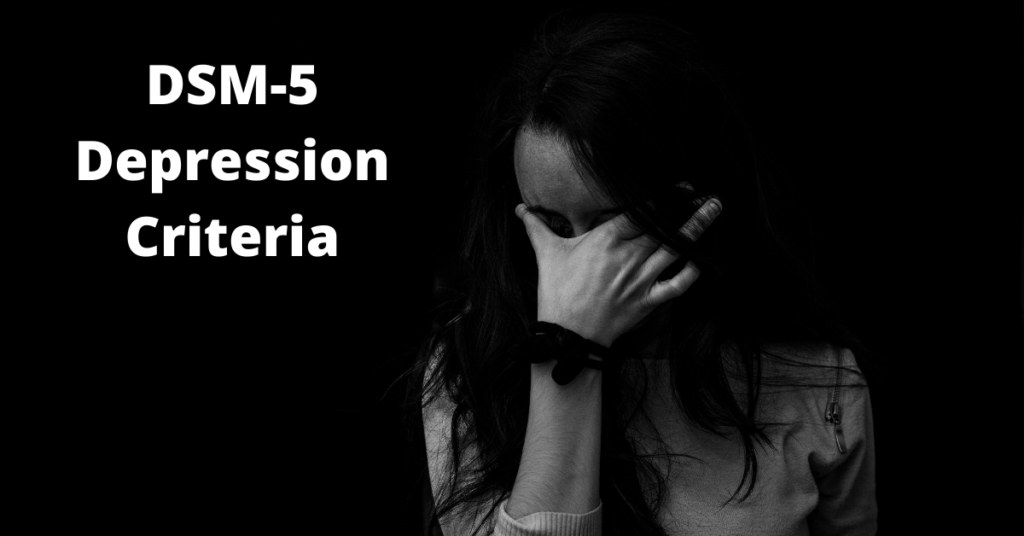A lot of people have been wondering what the new DSM 5 depression criteria are going to be. It seems as though it has been a long time coming, and many people are wondering if this will finally be the answer they have been waiting for. A lot of things seem to have changed in this newest edition, but for those who suffer from depression, there is some good news: The diagnosis now includes more types of depressive disorders than before! This article will talk about these changes and how they might affect you.
Contents
What Is DSM 5?
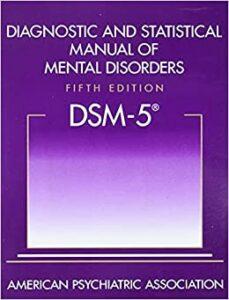 The DSM-5 is the latest version of the Diagnostic and Statistical Manual of Mental Disorders. It was released in 2013 and has since been used to diagnose mental disorders. The DSM-IV was published in 1994, so there have been a lot of changes made in the DSM-V. One of the main changes that were made is that all mental disorders are now categorized as “diseases” instead of “disorders”. This change was made because it is seen as more accurate to call them diseases, and it also puts psychiatry on par with other medical specialties.
The DSM-5 is the latest version of the Diagnostic and Statistical Manual of Mental Disorders. It was released in 2013 and has since been used to diagnose mental disorders. The DSM-IV was published in 1994, so there have been a lot of changes made in the DSM-V. One of the main changes that were made is that all mental disorders are now categorized as “diseases” instead of “disorders”. This change was made because it is seen as more accurate to call them diseases, and it also puts psychiatry on par with other medical specialties.
This criterion is used to diagnose Major Depressive Disorder, which is a mental disorder that is characterized by at least two weeks of depressed mood or loss of interest in activities.
What Are DSM-5 Depression Criteria?
DSM-5 depression criteria are used to diagnose Major Depressive Disorder. This disorder is characterized by at least two weeks of depressed mood or loss of interest in activities. To be diagnosed with Major Depressive Disorder, you must meet five out of nine criteria.
Major Components In DSM-5 Depression Criteria
These are some other major components in the DSM-V criteria for Major Depressive Disorder:
Depressed Mood
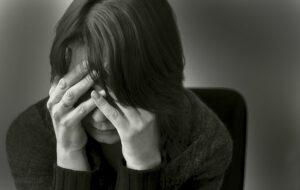 One of the common symptoms is intense feelings of sadness. Other symptoms include feeling hopeless, worthless, or helpless; losing interest in activities that you used to enjoy, experiencing changes in your appetite or weight, sleeping too much or not enough.
One of the common symptoms is intense feelings of sadness. Other symptoms include feeling hopeless, worthless, or helpless; losing interest in activities that you used to enjoy, experiencing changes in your appetite or weight, sleeping too much or not enough.
Loss Of Interest In Activities
This is another common symptom of Major Depressive Disorder which includes having no interest in activities such as sex and hobbies that were once pleasurable. Loss of energy can also be a significant indicator of depression. People with this disorder may have difficulties concentrating on tasks at hand because they lack motivation and/or concentration span
Change In Eating Or Sleeping Patterns
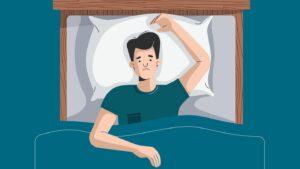 Another early sign of depression is an increase (or decrease) in eating and sleeping patterns. You might sleep more than usual — even during the day — or eat significantly more (or less) than you usually do.
Another early sign of depression is an increase (or decrease) in eating and sleeping patterns. You might sleep more than usual — even during the day — or eat significantly more (or less) than you usually do.
Psychomotor Retardation Or Agitation
This criterion is used to measure the severity of depressive symptoms. Psychomotor retardation includes slowed movements and speech, decreased energy and fatigue, feelings of worthlessness and guilt, thoughts of suicide, and problems with concentration. On the other hand, psychomotor agitation refers to increased restlessness, anxiety, racing thoughts, talking too much, and impulsiveness.
Fatigue And Loss Of Energy
 Along with psychomotor retardation, fatigue is a common sign of depression. You may feel like you have no energy left to do anything at all. This symptom can make it difficult to carry out everyday activities such as work and school, as well as other responsibilities.
Along with psychomotor retardation, fatigue is a common sign of depression. You may feel like you have no energy left to do anything at all. This symptom can make it difficult to carry out everyday activities such as work and school, as well as other responsibilities.
Difficulty Concentrating
This criterion refers to decreased ability to focus on tasks at hand due to mood changes and fatigue. This includes problems with making decisions or remembering things that should be easy for you. You may also have issues trying to complete simple everyday tasks such as brushing your teeth before bed. This is even if these activities were once automatic for you.
Thoughts Of Suicide
 Thoughts of suicide are a serious symptom of Major Depressive Disorder. This is why it is in DSM-V criteria for a depression diagnosis. The person experiencing this disorder thinks about taking their own life; they might feel like themselves or wish that they could die.
Thoughts of suicide are a serious symptom of Major Depressive Disorder. This is why it is in DSM-V criteria for a depression diagnosis. The person experiencing this disorder thinks about taking their own life; they might feel like themselves or wish that they could die.
Benefits of DSM-5 Depression Criteria
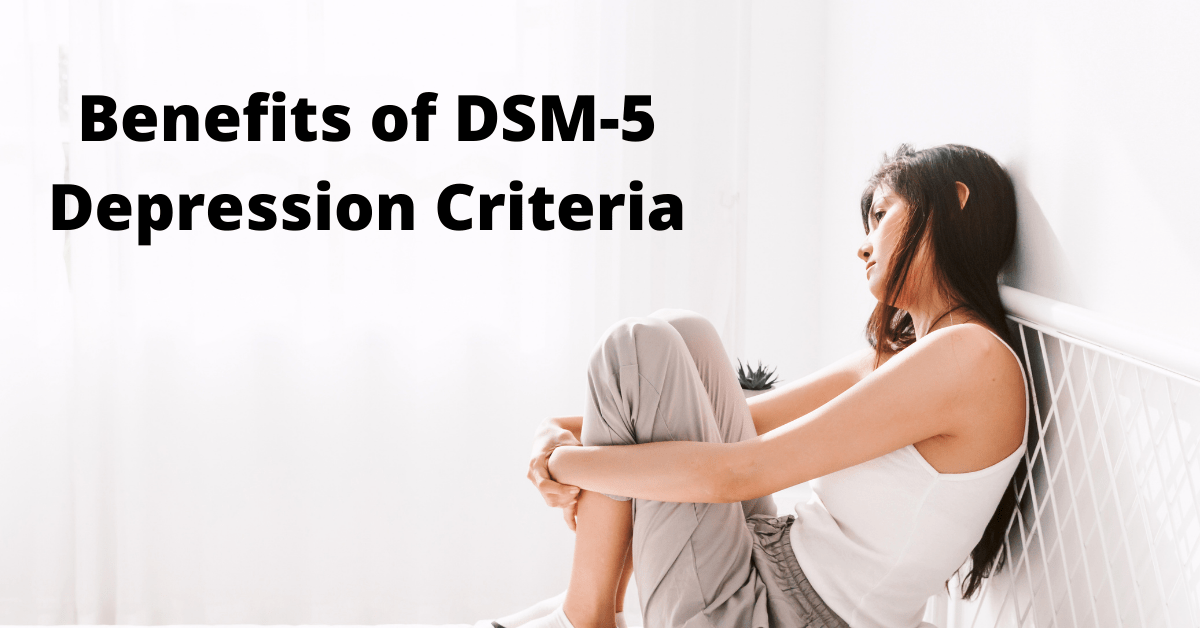
There are many benefits of the DSM-V criteria for Major Depressive Disorder. One of the most important benefits is that it more accurately describes a mental disorder, rather than a normal mood state or temporary sadness.
Helps To Accurately Diagnose Mental Disorders
The DSM-V criteria help to accurately diagnose mental disorders, which is beneficial for the individual as they can then receive appropriate treatment. This also allows researchers to better understand these disorders and develop new treatments.
Prevents Over-Diagnosis of Depression
The previous version of the DSM (DSM-IV) had a lot of problems with overdiagnosis or diagnosing people with depression who didn’t actually have the disorder. This was due to its very vague symptom criteria. The DSM-V also helps to address this issue. This is including more specific symptoms that one should meet in order for a diagnosis.
Allows For More Accurate Treatment Planning
Accurate diagnosis leads to accurate treatment planning, which is essential for providing the best possible care for people with mental disorders. By using DSM-V criteria, clinicians are able to develop individualized treatment plans that address the specific needs of their patients.
Makes Research More Accurate
Accurate diagnosis and treatment planning makes research more accurate. DSM-V criteria are very specific, which allows researchers to better understand the symptoms of depression so they can develop appropriate treatments for people with this disorder.
Allows For More Effective
The DSM-V criteria allow clinicians to work together more efficiently. This is beneficial for both the clinician and their patient as it ensures that they are using the same language when describing mental disorders, which makes treatment planning much easier.
Side-Effects of DSM-5 Depression Criteria
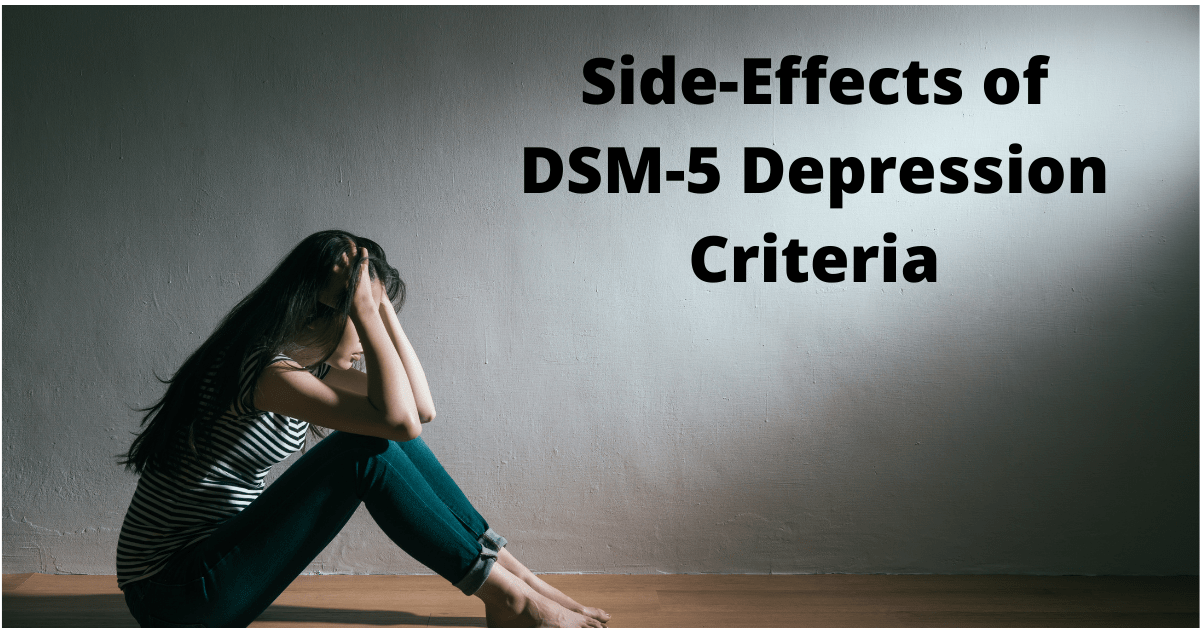
There are many side-effects as well for both the individual and society when it comes to using DSM-V criteria for Major Depressive Disorder.
Individual May Feel Like They Are Not Normal
When anyone tells a person that they meet the diagnostic criteria for a mental disorder, it can be very damaging to their self-esteem. They may feel like there is something wrong with them and that they are not normal. This can lead to feelings of isolation, guilt, and shame.
Clinicians May Have Trouble Diagnosing
Since the DSM-V is more specific than the DSM-IV, clinicians may have trouble diagnosing mental disorders accurately. This could lead to misdiagnosis or underdiagnosis of serious mental illnesses.
Treatment Plans May Be Inappropriate
If clinicians are not able to accurately diagnose a mental disorder, they may develop treatment plans that are inappropriate for the patient. This could lead to ineffective or even harmful treatment.
Individuals With Mental Disorders May Not Receive Treatment
If clinicians are unable to accurately diagnose a mental disorder, the individual may not receive appropriate treatment. This could result in them continuing to suffer from their mental illness without any help.
Society Will Spend More Money
The DSM-V is more specific than the DSM-IV, which means that more people will likely meet the diagnostic criteria for a mental disorder. This will result in society spending more money on mental health care.
Causes Unnecessary Stigma
The DSM-V is more specific than the DSM-IV. This means that more people will likely meet the diagnostic criteria for a mental disorder. This will result in society spending more money on mental health care. This may cause unnecessary stigma against people with mental disorders.
Conclusion
DSM-V has both pros and cons when it comes to the diagnosis of Major Depressive Disorder. While it allows for more accurate treatment planning and research, it also has the potential to cause harm. This is to both the individual and society. It is important to weigh the pros and cons before deciding if DSM-V is right for you or your loved ones.
For more information, please contact MantraCare. Depression is a mental illness characterized by persistent feelings of sadness, hopelessness, and loss of interest in daily activities. If you have any queries regarding Online Depression Counseling experienced therapists at MantraCare can help: Book a trial Depression Therapy session
